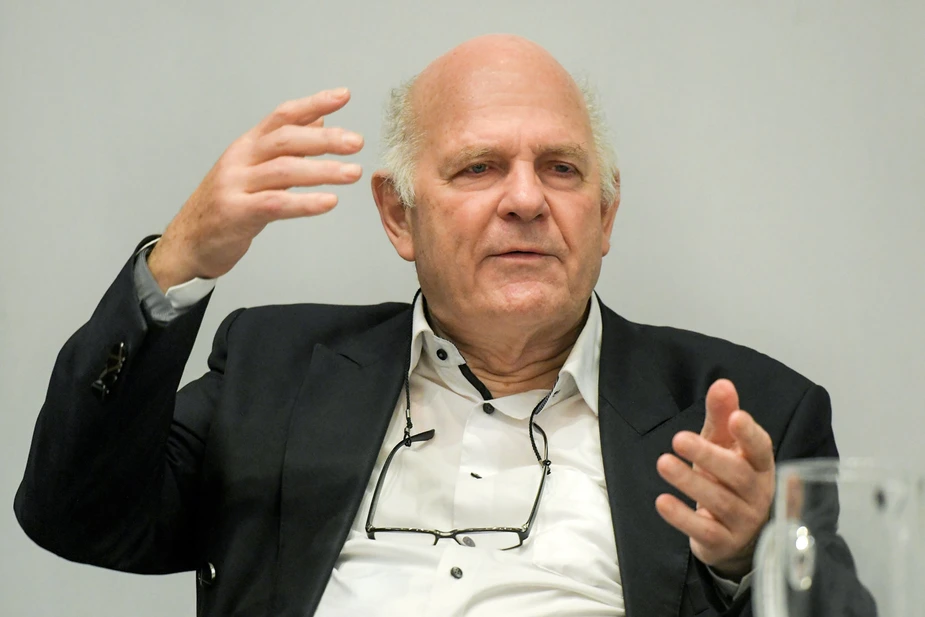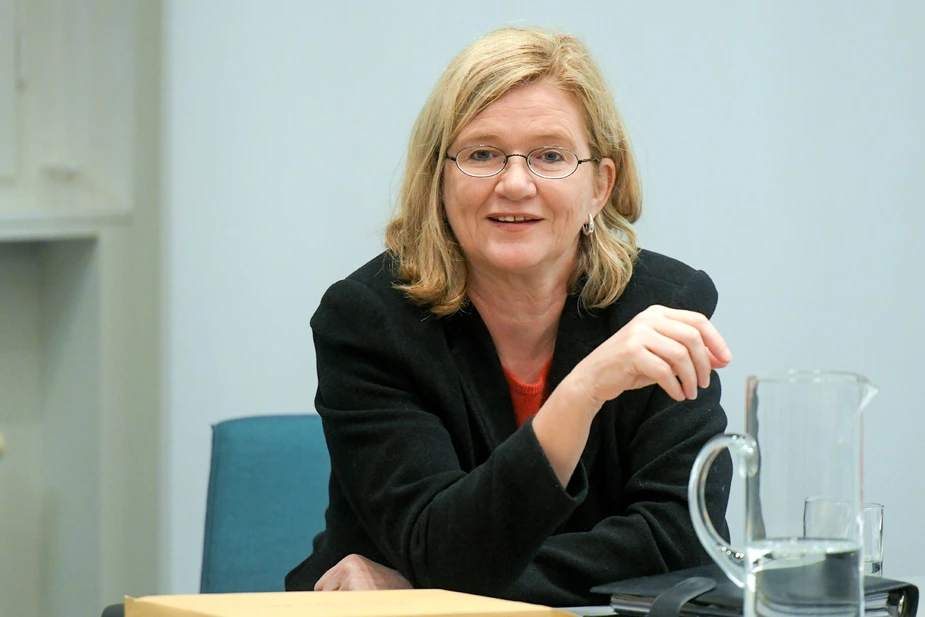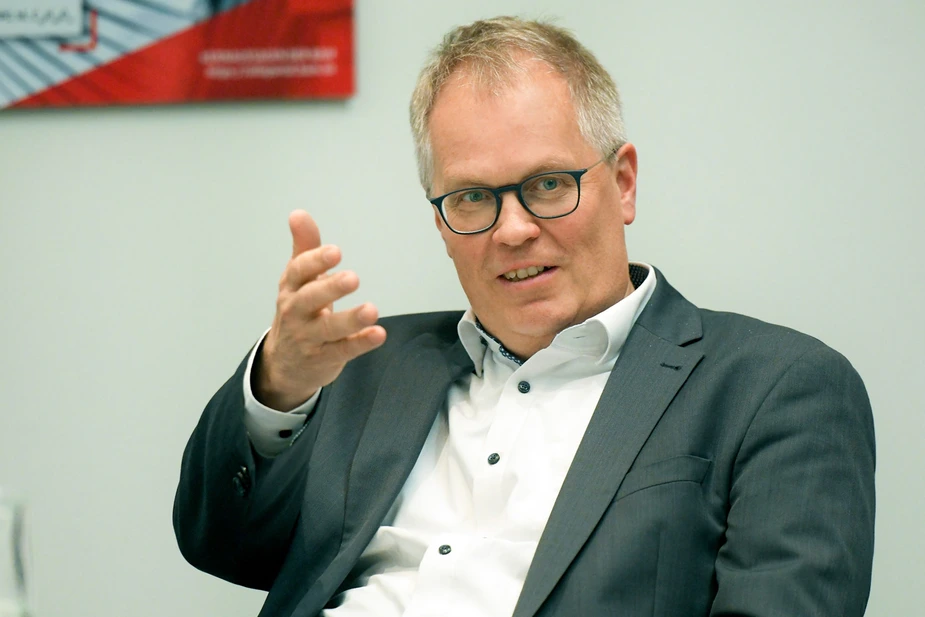A driving force
30 years of IGAFA, the Joint Initiative of Non-University Affiliated Research Institutes in Adlershof e.V.
A name that says it all: The Joint Initiative of Non-University Affiliated Research Institutes in Adlershof e.V. (IGAFA) was a driving force behind establishing Adlershof as a location for high technology. It celebrated its 30th birthday on 11 August 2022. “We are more political than ever with what we’re doing today,” says Ulrich Panne, speaker of IGAFA.
1 January 1992: A dozen of evaluated research institutes take up operation. They form the core of the “integrated landscape of industry and research” that was to be created in Berlin Adlershof, formerly home to East Germany’s Academy of the Sciences and its natural science research hub. The idea: Research and industry will unleash their innovative force and drive Berlin’s economy forward.
The reality looked a bit different: Two state-run companies and three senate departments were claiming responsibility. There was a lively “mess of bureaucratic administrative action”, says Ingolf Hertel, long-standing speaker of IGAFA, retrospectively. It was his initiative that resulted in the local institutes founding the Joint Initiative of Non-University Affiliated Research Institutes in Adlershof (IGAFA) on 11 August 1992. With an impassioned plea, they called for their institutions to receive safe homes as well as uniform management of the site and the setting up of an infrastructure. The appeal had a lasting effect on policy-makers. The institutes were secured, the infrastructure was refurbished, and management of the site was transferred to WISTA Management GmbH. Adlershof transformed into a modern “City for Science, Business, and Media”.
In 1998, the move of Humboldt-Universität’s natural science institutes to Adlershof got underway. IGAFA had vehemently campaigned for this right off the bat. “Research institutions with different funding structures can only make a difference together as a registered association,” explains Ursula Westphal, IGAFA’s managing director. For this reason, the Joint Initiative was included in the associations register and had its non-profit status recognised in 1998. “By doing so, we could take over operations for our international meeting centres (IBZs) in Adlershof and Köpenick as well as the Adlershof library, which evolved from the library collection of the former East German Academy of the Sciences.” Since then, IBZ has welcomed 500 researchers every year.
The main mission of IGAFA is “to foster science and research.” Its research office organises about 100 events for fostering cooperation every year. Their “Academic Lunch” event has attracted numerous renowned speakers, including eight Nobel Prize winners. Since 2002, HU, IGAFA and WISTA have been giving out the annual Adlershof Dissertation Award. In 2009, LaNa, the Ladies Network Adlershof, was launched, aiming at the “long-term and sustainable empowerment of women’s careers.” Jointly, IGAFA, HU, and WISTA host the bi-annual site conference “Adlershof Research Forum”.
How does IGAFA see its own future? In 2020, it was among the founders of BR 50, the Berlin Research 50 association. Its members include almost all non-university institutes and research centres in Greater Berlin. “Our activities in BR 50 enable us to foster networking in Berlin’s science and research community beyond the boundaries of Adlershof,” says Ulrich Panne. This is in keeping with the spirit of the “Berlin University Alliance”, which has committed itself to tackling global challenges (“Grand Challenges”). “They are very complex,” says Panne, “new technologies alone will not be the solution.” Rather, solutions require interdisciplinary research. This, in turn, requires a “an appropriate location.” IGAFA therefore supports the initiative to set up a “Grand Challenges Centre” in Adlershof.
How political is IGAFA today? Ulrich Panne’s answer is clear: “In today’s era of ‘post-truth’, more than ever, it is important to highlight the benefits science has for society. In this respect, what we do today is more political than ever.
Dr. Peter Strunk for Adlershof Journal


